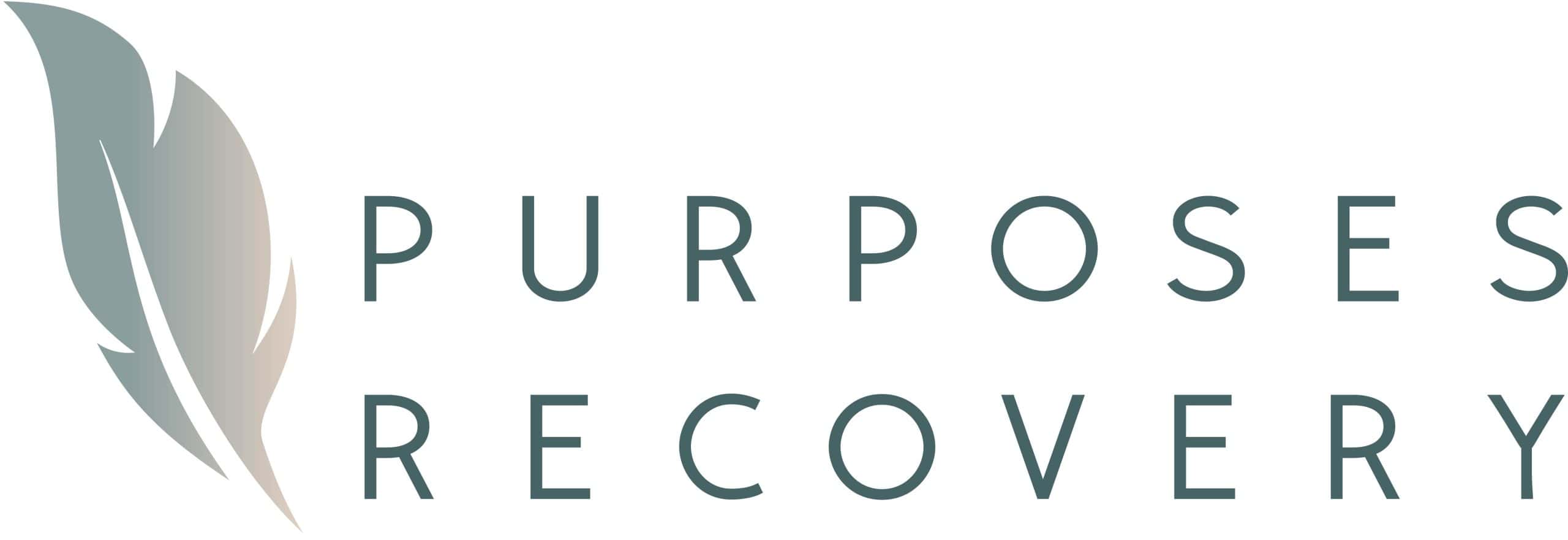
Purposes Recovery is a Luxury Treatment Center
Located in Beautiful Los Angeles, California
Treating Opioid Addiction
Opioid addiction can have a devastating impact on individuals and their families. Opioids, including prescription painkillers and illicit drugs like heroin, pose a high risk for dependency and abuse. Overcoming opioid addiction requires professional assistance, comprehensive care, and a tailored approach to meet individual needs.
Attempting to quit opioids cold turkey can be challenging and dangerous. Withdrawal symptoms may peak within 1-2 days, and though they may gradually decrease, the risk of relapse remains high. Detoxing without medical supervision is not recommended due to various dangers associated with withdrawal, such as:
- High possibility of relapse during withdrawal
- Risk of overdose during the withdrawal process
- Impaired judgment and potential accidents
- Environmental triggers and stressors
- Dangerous issues associated with withdrawal symptoms, such as severe dehydration
At Purposes Recovery Rehab Center in Los Angeles, CA, we provide comprehensive care for opioid addiction, including withdrawal management, medical detoxification, and residential rehabilitation. Our opioid detox programs typically last 6-10 days, while residential rehab programs range from 7 to 90 days, depending on individual needs.
We offer a variety of behavioral and pharmacological treatments to address opioid use disorder, helping individuals regain normalcy in their lives and reduce the risks associated with addiction. By integrating these treatments, we ensure the most effective approach to recovery for each person. Our treatment components include:
Comprehensive Assessments
Our team conducts thorough evaluations to identify each client’s specific addiction and mental health needs, ensuring an accurate diagnosis and the development of a personalized treatment plan.
Medical Detoxification
If necessary, clients undergo a medically supervised detoxification process, allowing for a safe and comfortable withdrawal from substances while addressing any psychiatric symptoms.
Medication Management
Our medical team collaborates with our on-site psychiatrists to prescribe and manage medications that alleviate withdrawal symptoms, manage cravings, and address co-occurring mental health conditions.
Individual Therapy
Clients engage in one-on-one therapy sessions with our addiction specialists and mental health professionals, addressing the root causes of their addiction and mental health challenges while developing healthier coping strategies.
Group Therapy
Support groups and group therapy sessions specifically designed for dual-diagnosis patients foster a sense of community, empathy, and mutual support among clients who share similar experiences.
Family Therapy
Involving family members in the treatment process helps mend relationships, improve communication, and create a supportive environment conducive to long-term recovery.
Holistic Therapies
Our program incorporates a range of holistic therapies, such as mindfulness, yoga, and meditation, to promote overall well-being and complement traditional treatment methods.
Life Skills Training
Clients receive guidance and support in developing essential life skills, such as stress management, communication, and self-care, that promote mental health stability and lasting recovery.
Relapse Prevention Training
Our relapse prevention education and training empower clients with the tools and resources necessary to maintain their sobriety and mental health stability after completing treatment.
Aftercare Planning & Support
Ongoing support through our aftercare services, including therapy, support groups, and other resources, helps clients maintain their recovery and mental health well-being long after completing the program.
Choose Purposes Recovery for comprehensive and compassionate care during your journey to overcome opioid addiction. Our dedicated team of professionals will guide and support you every step of the way, helping you reclaim your life and achieve lasting recovery.
REQUEST A CALL FROM OUR TREATMENT CENTER IN LOS ANGELES CA
Recovery Starts at Our Drug Rehab in Los Angeles CA
"*" indicates required fields
Are you or a loved one struggling with addiction to alcohol or other drugs? Call today for a confidential conversation with a treatment specialist.
Why Choose Purposes Recovery for Addiction Treatment in Los Angeles, California?
Our addiction program in Los Angeles, California, is distinguished by its dedication to personalized care, utilizing evidence-based behavioral therapy and a skilled team of passionate professionals committed to your well-being. At Purposes Recovery, we prioritize your individual needs and goals, crafting a tailored, comprehensive addiction treatment plan that embraces your unique path to recovery.
When you choose our addiction treatment center for drug rehab services, you’re choosing a partner in your addiction treatment journey dedicated to helping you achieve lasting recovery and reclaim your life. Our compassionate team of experts provides unwavering support, guidance, and resources to empower you to overcome substance use disorder and thrive in recovery.
Our Treatment Center in Los Angeles Accepts Most Private Health Insurance Plans
Our treatment center in Los Angeles accepts most health insurance plans to ensure our comprehensive rehabilitation services are accessible to those in need. We believe that financial constraints should not be a barrier to receiving high-quality addiction treatment. Our dedicated team is here to help you maximize your benefits and minimize any out-of-pocket expenses. If you do not have insurance, our team is available to help you explore options available to you.
Medical Reviewer

Eric Chaghouri, M.D.
GET HELP NOW
Are you or a loved one struggling with addiction to alcohol or other drugs? Call today for a confidential conversation with a treatment specialist.
Treatment Programs
MOST INSURANCE ACCEPTED
Free insurance benefit check
"*" indicates required fields
